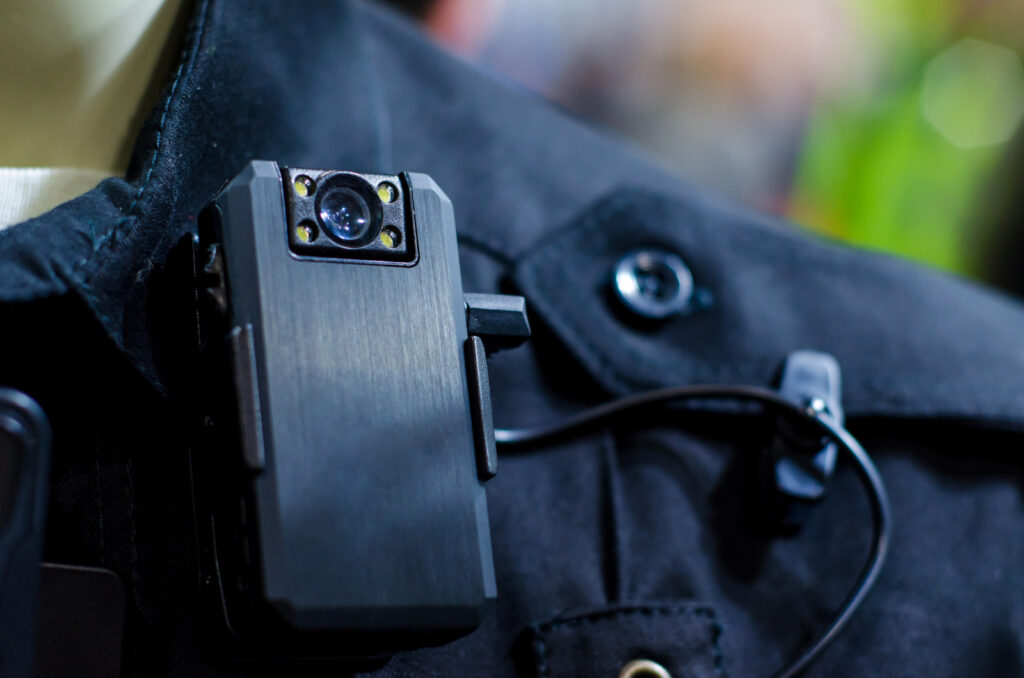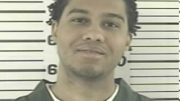By Jeffrey A. Roberts
CFOIC Executive Director
Colorado’s Law Enforcement Integrity Act does not permit agencies to charge requesters hundreds or thousands of dollars for body-worn camera footage showing possible misconduct by police officers, three briefs submitted to the Colorado of Appeals this week argue.
“Unimpeded access to these records is enshrined in the bill itself, which does not authorize the charging of fees as a condition for members of the public to obtain BWC recordings,” says one of the briefs, filed Wednesday by the Colorado Freedom of Information Coalition and the American Civil Liberties Union of Colorado.
“This is an intentional legislative act that contrasts with the language in the Colorado Open Records Act (CORA) and the Colorado Criminal Justice Records Act (CCJRA), both of which explicitly outline the fees that may be assessed for records retrieval.”

In the underlying case, a Boulder County District Court judge ruled last year that the Boulder police department cannot make Yellow Scene Magazine and Jeannette Orozco pay the city $2,857.50 to obtain video of police shooting and killing Orozco’s 51-year-old mother, Jeanette Alatorre, in 2023. The judge found that the “plain language” of the Law Enforcement Integrity Act (also known as the Integrity Act, Senate Bill 20-217, the Enhance Law Enforcement Integrity Act or ELEIA) does not allow the charging of fees for the mandatory release of certain footage.
Under the statute, all unedited video and audio recordings of incidents “in which there is a complaint of peace officer misconduct … through notice to the law enforcement agency involved in the alleged misconduct” must be released to the public no later than 21 days after a request is made. An agency can delay the release of video until 45 days from the date of an allegation of misconduct if the video “would substantially interfere with or jeopardize an active or ongoing investigation.”
Boulder in its appeal argues that because bodycam videos are criminal justice records, the CCJRA permits the city to assess “reasonable fees for search, retrieval and redaction,” including the blurring of footage (allowed under the Integrity Act if a video “raises substantial privacy concerns”). A brief submitted by the Colorado Municipal League, Colorado Counties Inc. and the County Sheriffs of Colorado says the judge’s interpretation of the law also “would significantly fiscally burden and create an unfunded mandate on local governments.”
But “if the legislature had meant to authorize agencies to condition their public release of BWC footage on the collection of fees, there were several ways it could have done so,” contend Yellow Scene attorneys Dan Williams and Matt Simonsen in their brief filed with the appellate court.
The legislature could have codified the Integrity Act’s mandatory-release provisions within the CCJRA, cross-referenced the CCJRA’s fee provision or added fee-authorizing language to the Integrity Act itself, their brief says. “At the very least, it could have mentioned ‘fees’ or the ‘CCJRA’ somewhere in the Integrity Act. But it did not.”
Both the Yellow Scene and CFOIC/ACLU briefs quote former Rep. Leslie Herod, a prime sponsor of SB 20-217, as saying during legislative proceedings that the charging of fees for bodycam footage was based on a misinterpretation of the law. “In 217 we said bodycam footage must be released — if there is an issue of officer misconduct — to the public,” the Denver Democrat said on the House floor last year. “You can’t charge for that people. You can’t charge the families three, four, five thousand dollars for the unedited, unredacted bodycam footage.”
The two briefs and a third submitted by Jonathon Booth, a University of Colorado law professor, also challenge the assertion that allowing the Boulder judge’s ruling to stand would create an unfunded mandate.
“Boulder provided no evidence whatsoever of the amount of its alleged underfunding or any steps it took to seek to obtain state funding for the review of BWC footage in cases involving allegations of police misconduct,” says the CFOIC/ACLU brief, prepared by attorneys Madison Lips (a CFOIC board member) and Katayoun Donnelly.
Even if the Integrity Act did require a municipality to potentially use some resources to review video footage, the 1991 unfunded mandate statute “cannot overcome the mandatory, clear intent of the subsequently-enacted ELEIA,” CFOIC and the ACLU argue. “Nothing that the legislature enacted in 1991 can prevent the legislature today from enacting sound public policy that has some incidental or even material burdens on local governments.”
The CFOIC/ACLU brief also cites several examples collected by CFOIC of journalists and others who have been quoted “prohibitively high” fees for bodycam footage, substantially hindering the Integrity Act’s “goal of increasing government transparency in the context of allegations of police misconduct.”
“[G]iven the current realities of news organizations and non-profit budgets, to say nothing of the finances of individual citizens looking for police accountability, imposing fees causes a substantial financial burden on struggling people and organizations that would translate directly into fewer requests and less accountability,” it says. “This too defeats the intent of the bill.”
Follow the Colorado Freedom of Information Coalition on X or BlueSky. Like CFOIC’s Facebook page. Do you appreciate the information and resources provided by CFOIC? Please consider making a tax-deductible donation.




